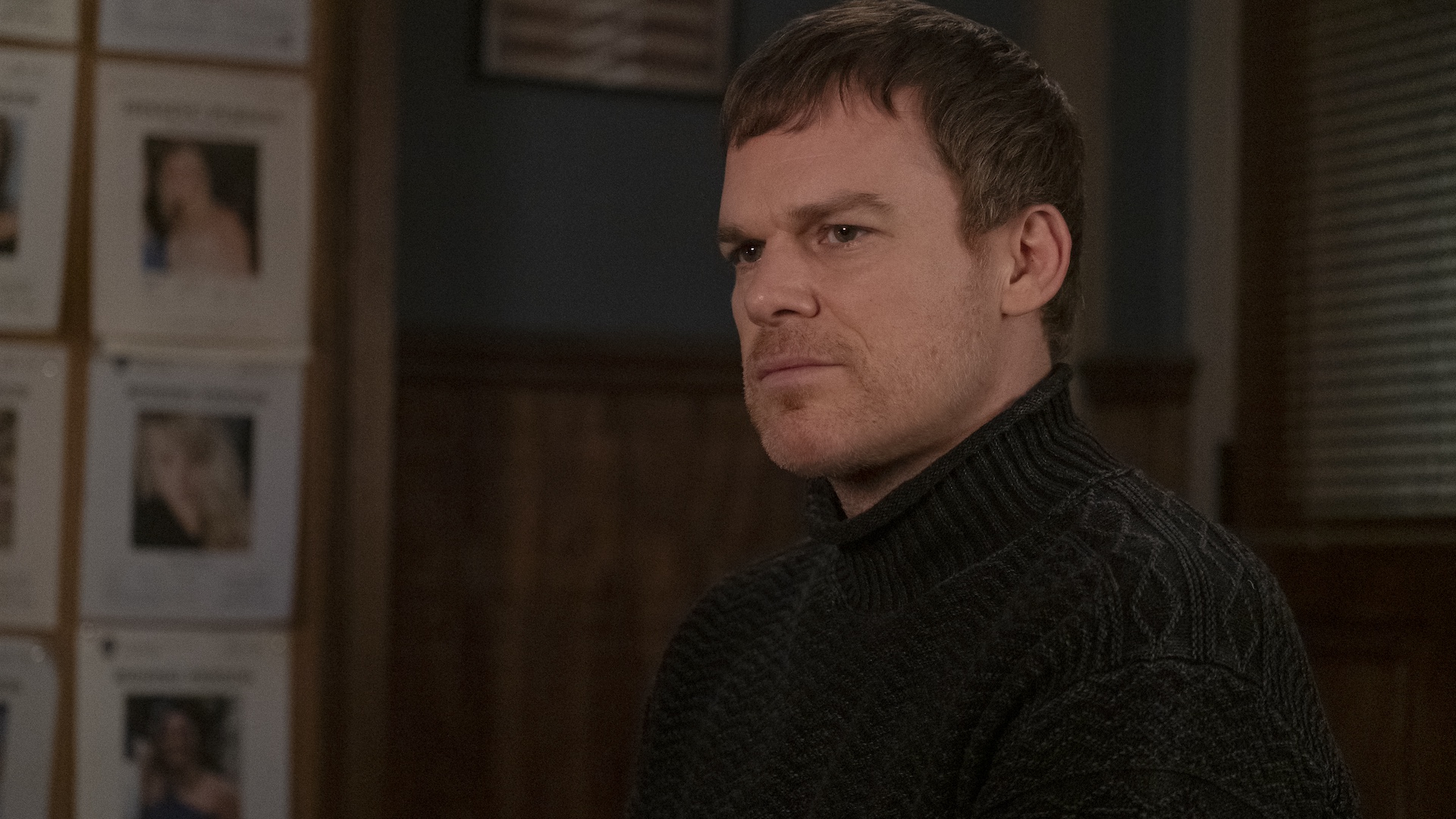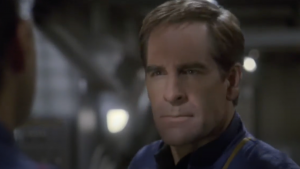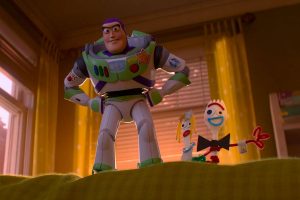
At 2024 San Diego Comic-Con, Dexter diehards were elated to hear the announcement that Michael C. Hall would be returning for yet another go around as Miami Metro’s most lovable serial killer in the sequel series, Dexter: Resurrection. Taking place after the events of both Dexter and Dexter: New Blood, Dexter: Resurrection should grapple with the character’s family issues and conflicted sense of morality just like the previous two series.
Let’s put aside the funny little problem that Dexter died at the end of New Blood, or at least that’s what the audience was led to believe. The writers will find a loophole to easily bring him back into the picture. Character deaths on TV are always disputed even when the writers want to make it concrete and obvious that someone is six feet under. Fans will have no problem wrapping their heads around Dexter’s return, as even the title of the show hints that there is some necessary storytelling that needs to be done to resurrect him.
The bigger problem with Dexter: Resurrection is that its inclusion into the franchise makes Dexter a five-show vehicle. Let’s count ‘em up: Dexter, Dexter: New Blood, Dexter: Resurrection, Dexter: Original Sin (the prequel series about a young Dexter that premieres later this year), and the proposed spinoff about the Trinity Killer (although this one has seen no further development since the rumors started running wild). The Dexterficiation of Showtime and Paramount+ reveals how far Hollywood studios and network executives are willing to go to expand a story past its first plotline in the streaming age. It certainly begs the question in the case of this franchise: how much Dexter is too much Dexter?
When crime drama fans tuned into the first season of the show back in 2006 on Showtime, they were treated to one of the most unique shows of its era. Michael C. Hall helped to revolutionize morally gray protagonists on television, expanding the antihero trope right as Tony Soprano was about to fall face first into his onion rings and right before Walter White introduced his blue meth to New Mexico. Dexter made it feel right and wrong to root for a psychopath. Watching him grapple with the parts of him that were “normal” while attempting to satiate his thirst for blood was more engrossing than just about anything else on the tube in the late 2000s.
It’s been well-documented that the show spiraled in quality during the last two or three seasons. A rebound throughout season eight couldn’t make audiences forget about the infamous series finale that was sent to the Hall of Shame. This fumble at the goal line is perhaps to blame for why there is so much more Dexter in the years that have followed. Showtime, original showrunner Clyde Phillips, and the rest of the creative team keep wanting to revisit the Morgans with the hope that the poor ending to the first show can be erased.
Thankfully, the character himself is so compelling that there will always be people willing to sit down and watch him navigate his messy, immoral existence. People live vicariously through Dexter because he doesn’t seem as evil as his actions insist he is. Humans are all predisposed to at least some level of violence on an evolutionary level. Dexter’s desire to take another life belies the many qualities that make him human rather than a monster. Seeing that raw capability for destruction juxtaposed with the empathy and need for affection and normalcy makes for truly fascinating television. Michael C. Hall’s career-defining performance only makes it easier to keep asking him to embody the character.
The excess of spinoffs has made Dexter a story in which we experience nearly every part of the character’s life. Dexter: Original Sin will focus on his early adulthood. Dexter: Resurrection will occupy the time after Dexter and Dexter: New Blood. The original show detailed the prime of his life in his 30s. Factor in that Dexter already dabbled so much in flashbacks to the character’s childhood and teenage years throughout the eight seasons of the show and you have a story that reads like a thorough biography instead of just a snapshot of someone’s life.
This massive timeline isn’t necessarily a bad thing. TV fans have always been predisposed to wanting to follow their favorites far beyond the small snippet of their lives we see in one show. The Big Bang Theory has essentially crafted the Sheldon Cooper Extended Universe. Breaking Bad and Better Call Saul fans craved even more of the Gilliverse after the conclusion of the latter spinoff. Even The Sopranos creator David Chase returned to New Jersey to show a younger Tony Soprano and his surrounding associates in the lukewarm film The Many Saints of Newark.
The main issue with adding more content to a story is diluting the original one. David Chase may regret making the Sopranos movie because the quality was much lower than the TV show. Vince Gilligan won’t craft any more Walter White stories because Breaking Bad is universally beloved. Why change the final impression of art if it’s already flawless?
Dexter doesn’t have to worry about this quandary. Because the first series already stumbled and jeopardized its legacy with poor writing and overwrought storylines in latter seasons, the repetition of continuous sequels and prequel series can’t do any more damage to the brand. Fans can continue to immerse themselves in Dexter and his many interesting friends and family members without the burden of greatness hanging in the background.
Dexter is now a way of life instead of a TV show, and that might just be okay.
The post How Much Dexter Is Too Much Dexter? appeared first on Den of Geek.












